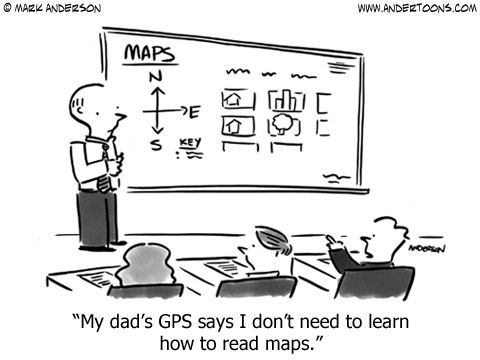L.A. Teachers on What Was Won—And Which Battles Are Next
Following a six-day teachers’ strike over inadequate public-school funding, United Teachers Los Angeles (UTLA) and the Los Angeles Unified School District (LAUSD) reached a tentative agreement Tuesday. While tallies haven’t yet been released, UTLA has confirmed that teachers voted in favor of the contract and, as of Wednesday, have returned to their classrooms.
The agreement, which was preceded by a nearly 21-month bargaining period, reverses some of the trends the union was protesting, including bloated class sizes, insufficient staffing of nurses and counselors, excessive standardized testing and a lack of resources for special education. (UTLA’s protests, including the strike, were largely the product of a reform movement among educational unions nationwide.)
It also calls for a greater reckoning with charter schools: publicly funded, privately operated schools boosted primarily by wealthy financiers and executives. UTLA members rebuke these schools for siphoning funding from public schools and view a pro-charter district agenda as the cause of the aforementioned problems.
The new contract would restrict school privatization, calling on California to establish a cap on charter schools. It also states that Los Angeles mayor Eric Garcetti will endorse the Schools and Communities First ballot initiative, which will ostensibly redirect $11 billion per year to California schools, community colleges, health clinics and other local institutions.
In These Times spoke to five teachers from five different LAUSD schools. While most of them contend that more could have been won, these rank-and-file members overwhelmingly consider the new terms an improvement and a testament to the power of strikes.
“I am pleased with the agreement for several reasons,” second-grade teacher and rank-and-file UTLA member Traci Rustin told In These Times. “I think we started a conversation about charter schools among those members of the community and UTLA who had not previously given it much thought.”
Rustin and some other teachers, however, found the vote bittersweet, arguing that while they’re eager to return to work, the proposed terms should have included more aggressive changes. The agreement prevents the district from “unilaterally ignor[ing]” all class sizes and promises a gradual reduction of class size—which routinely exceeds 40—over the next four years, imposing maximums of 39 students for English and CONTINUE WORKING: L.A. Teachers on What Was Won—And Which Battles Are Next















